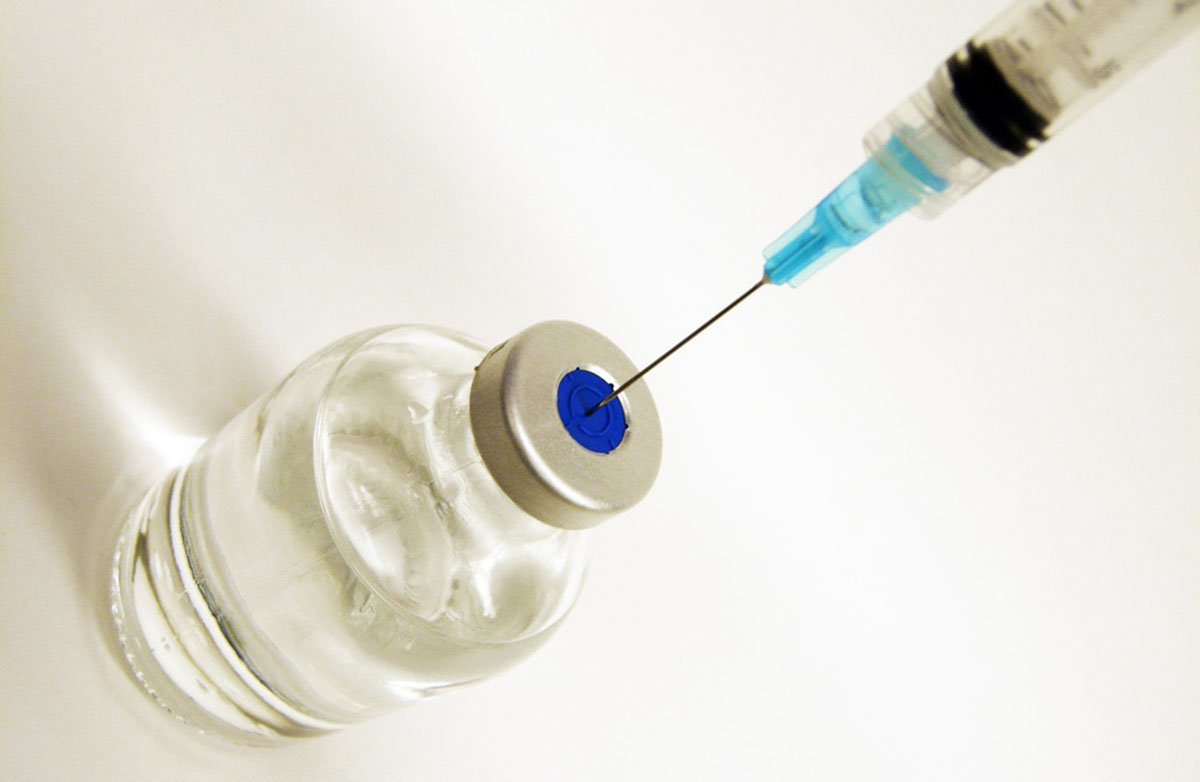Table of Contents
Hot flashes (also known as hot flushes and vasomotor symptoms of menopause) are the best known and, for many women, most troublesome symptom of menopause. Hot flashes generate an intense sensation of heat, usually with profuse sweating, on the head, heck, chest, and upper back. Between 60 and 80% of women experience hot flashes starting a few years before their last menstrual period and continuing until a few years after it. Some women, however, experience hot flashes during periods of amenorrhea (failure to have periods) or dysmenorrhea (irregular periods) long before menopause, and some women continue to experience hot flashes for many years, into their sixties, seventies, and beyond.

Hot Flashes Particularly Unfair for Some Women
Not all women are equally at risk for hot flashes. Women who have African heritage are especially likely to experience hot flashes, as are Central American women, but hot flashes are less often experienced by women in Japan and Korea. Overweight women have more hot flashes and hot flashes of greater severity, especially if they have jiggly, subcutaneous fat, the kind of fat that makes "love handles." Gaining weight increases the severity of hot flashes. Women who smoke have more frequent and more severe hot flashes, because of the anti-estrogenic effects of nicotine.
Women who have hot flashes tend to experience anxiety, depression, and stress. Hot flashes and stress form a vicious cycle. Women who are under stress are more likely to have hot flashes, and hot flashes make women more likely to experience stress.
Many of the psychological symptoms associated with hot flashes are due to loss of sleep. Women wake up "feeling on fire" with bed linens soaked with sweat. Hot flashes can also make it harder to fall asleep and stay asleep. The cumulative effects of sleep deprivation and emotional disturbance can go on for years and prove difficult to treat.
Hot flashes are also associated with serious later-life conditions. Medical reports for 3,302 women in the SWAN (Study of Women's Health Across the Nation) study found that women who have more hot flashes have lower bone density, that is, greater risk for osteoporosis, and greater incidence of heart disease.
Treatments for Hot Flashes
Many women who have hot flashes opt for hormone replacement therapy. There is no doubt that estrogen replacement will relieve hot flashes and vaginal dryness for most women, but women who take estrogen also have greater risk for blood clots, which can cause heart attack and stroke, and estrogen-stimulated cancers of the breast, cervix, uterus.
See Also: Chinese Herbal Mix EXD Cut Menopausal Hot Flashes By 60%
There are herbal remedies for hot flashes that actually work for most women who use them, Vitex agnus-castus (labeled as either vitex or agnus-castus in the herb shop), for example. Generally, herbal remedies do not have serious side effects. However, they typically take 3 to 4 months to begin to work, especially in women who are perimenopausal, who have not yet had their last periods.
And no woman wants to have to get up in the middle of the night to apply an ice pack to stop hot flashes. Fortunately, medicine may have found a more enduring solution to this common health problem.
- Walega DR1, Rubin LH, Banuvar S, Shulman LP, Maki PM. Effects of stellate ganglion block on vasomotor symptoms: findings from a randomized controlled clinical trial in postmenopausal women. Menopause. 2014 Feb 3. [Epub ahead of print].
- Thurston RC1, Joffe H. Vasomotor symptoms and menopause: findings from the Study of Women's Health across the Nation. Obstet Gynecol Clin North Am. 2011 Sep. 38(3):489-501. doi: 10.1016/j.ogc.2011.05.006.
- Photo courtesy of zeathiel by FreeImages : www.freeimages.com/photo/1028452
- Photo courtesy of John S. and James L. Knight Foundation by Flickr : www.flickr.com/photos/knightfoundation/7937598044/


Your thoughts on this